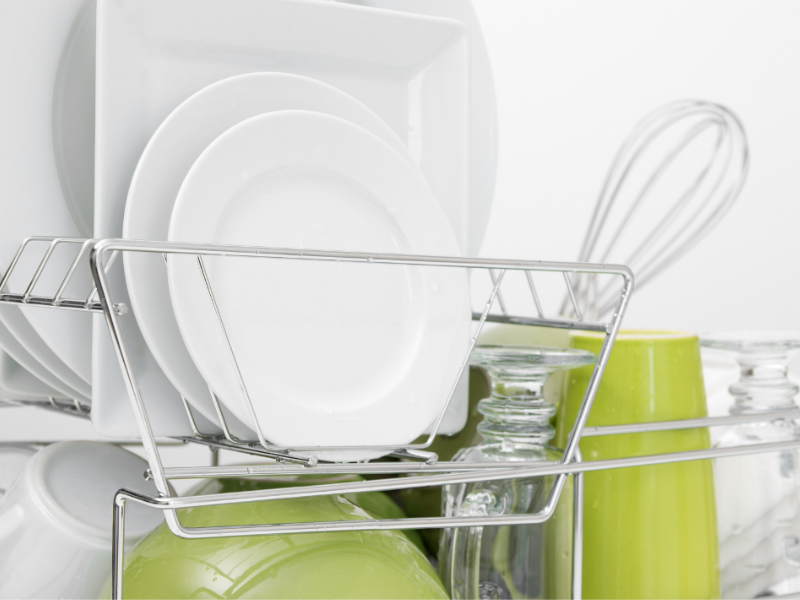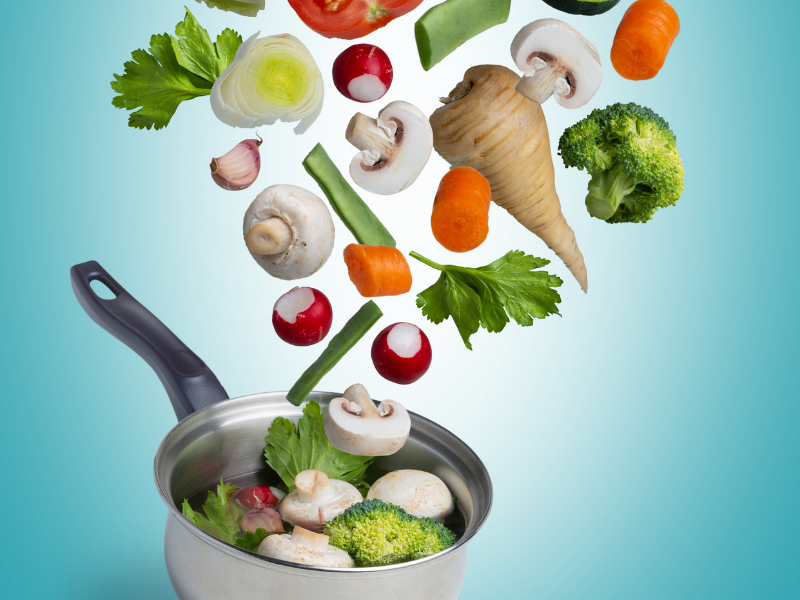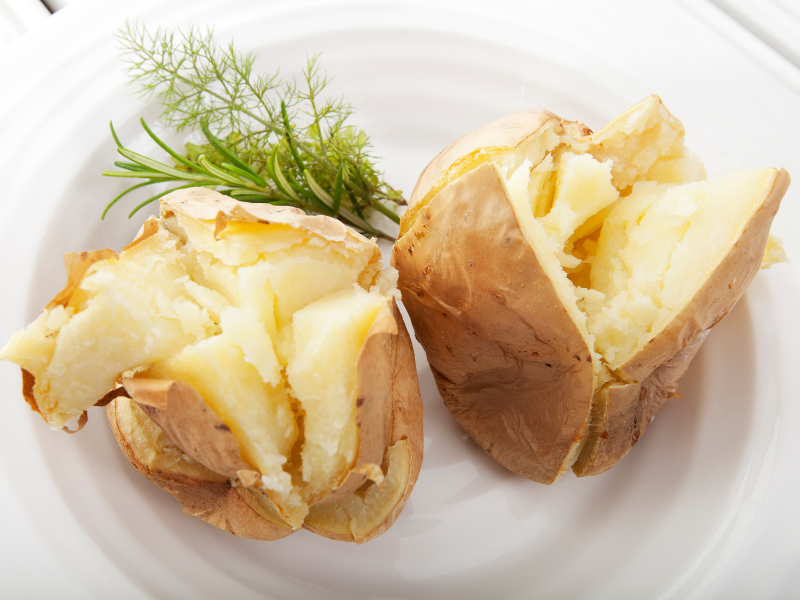Who knew that there is a proper way to hand wash dishes? Yep, it’s true. There IS a proper way. I’ve been to potlucks and church suppers and reunions where I cringe at the state of the dishwater when I walk into the kitchen. Sometimes the dishwater is dirtier than the dishes going into it!
Let’s talk about the proper way to hand wash dishes. It’ll help to keep you (and anyone else who eats off of your dishes) safe when your dishes are sparkling clean.
5 Steps to Prepare:
- Create zones in your kitchen around your sink.
I wash in my left sink well and rinse under running water in the right one. Therefore, all dirty dishes are kept on the left side of the sink. Always.
I’ve trained my family in this. (My right hand sink contains my garbage disposal. I like to have it free while I wash.) The right side counter is reserved for clean dishes only. Always. Even during dinner prep. - Empty your sink and disinfect it, wiping and rinsing down all surfaces well.
Using a cleaner and scrubbing cloth, clean the sink and fixture.
Rinse the sink well, and put this scrubbing cloth in the laundry.
Prepare a clean place for the clean dishes to land and drain and air dry. - Clear and wipe down all other counters and surfaces.
Go ahead and put away all the food.
Bring dirty dishes over to the “dirty” side of the sink, and wipe down the countertop and table. - Using a dish brush, scrub and scrape larger bits of food off of the dishes.
Rinse and stack them, putting alike dishes together on the left side of the sink. (If you do not have a double sink, consider getting a large rubber or plastic dishpan on one side of the sink for use as a second sink well.) - Fill the left hand sink well about 1/2 full with fresh, clean hot water (as hot as tolerable) and enough dish soap to create a good amount of soap suds.
Wear plastic lined gloves if you don’t want your hands to be exposed to the water. Sometimes in the winter, wearing gloves protects my hands from getting too chapped.
5 Steps to Hand Wash Dishes:
- Using a fresh dish cloth, start with the dishes that come in direct contact with your mouth and that most easily show grease stains.
Wash in this order:
– glasses,
– silverware/flatware,
– bowls,
– plates,
– serving utensils and serving dishes,
– mixing bowls and utensils,
– casserole dishes,
– cooking utensils,
– pots/pans and skillets.
Do you see how we started with the dishes that come in direct contact with your mouth?
Glasses need to be sparkling clean, so we will start when our dish water is hottest and cleanest. Silverware follows. Continue on until you get to the dirtiest, greasiest dishes–the pots and pans. - Scrub/wash each immersed item thoroughly.
- If the soapy water starts to get dirty, or it doesn’t have enough suds, drain it, rinse the sink, and refill it with hot water and soap.
- Never place a knife or sharp utensil in soapy water.
Hold it in your hands while washing and rinsing it. Knives can be washed by bracing them against the closest wall of the sink well and scrubbing with a hot, soapy dish brush. - Rinse the dishes in hot water.
Hot water will help kill any remaining germs and evaporates quickly allowing the dishes to dry faster. Bacteria thrive in warm moist environments, so you want the dishes to dry quickly.
Drying Dishes:
Place the dishes upside down in a clean, well ventilated place to dry quickly.
Don’t allow water to pool in them. A dish draining rack or mat works well. Excess water should drain back into the sink. Air drying is best, but if you’re wiping them dry, use a fresh, clean towel. (Don’t use the towel that you’ve been using to dry your hands.) Replace it when it leaves wet streaks on the dishes.
2 Simple Steps to Wrap Up:
- After the dishes are washed, empty the sink and rinse it down with hot water, getting all of the soap suds out.
Rinse out the dish cloth with hot water, wring it out, and place it on the side of the sink to dry. Avoid placing it where it will repeatedly get wet. Again, bacteria love warmth and moisture, and a warm wet dish cloth with remnants of food in it provides an ideal environment for bacteria to grow. - Put the clean dishes away as soon as they are dry to avoid their getting splashed on and/or becoming dirty again.
So, how was that? Riveting stuff, huh? Lol. It IS really important.
Home can be a haven for everyone there when it is safe, peaceful, orderly, and clean.
The quote attributed to C. S. Lewis comes to mind, “The homemaker has the ultimate career. All other careers exist for one purpose only – and that is to support the ultimate career.”*
We all want to be AT HOME at home. Keeping a clean kitchen is an important part of making home a pleasant place to be and nourishing those who live there.
*Source: “Collected Letters of C. S. Lewis” (2006)



